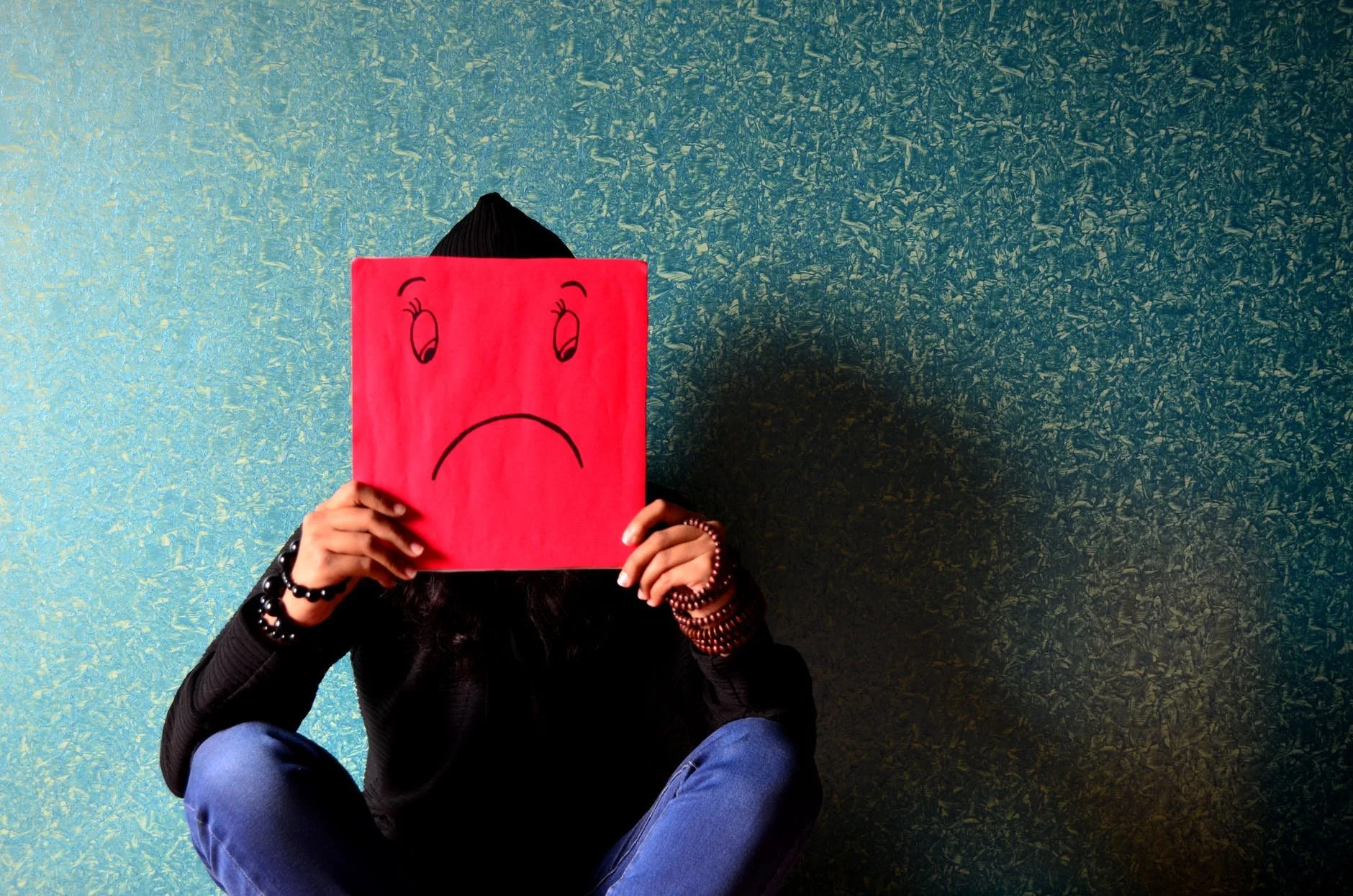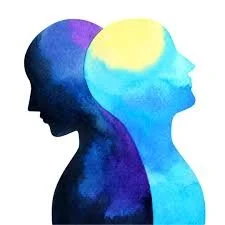The Emotional Impact of Unhealthy Friendships
Friendships can influence everything:
• Confidence
• Decision-making
• Mental health
• Self-worth
When a friendship becomes one-sided, manipulative, dismissive, or consistently draining, it can contribute to stress, anxiety, or feelings of inadequacy. In some cases, friends who encourage reckless behavior or substance misuse can pull you away from your goals and sense of self. This is why boundaries are not only healthy, they are necessary.




